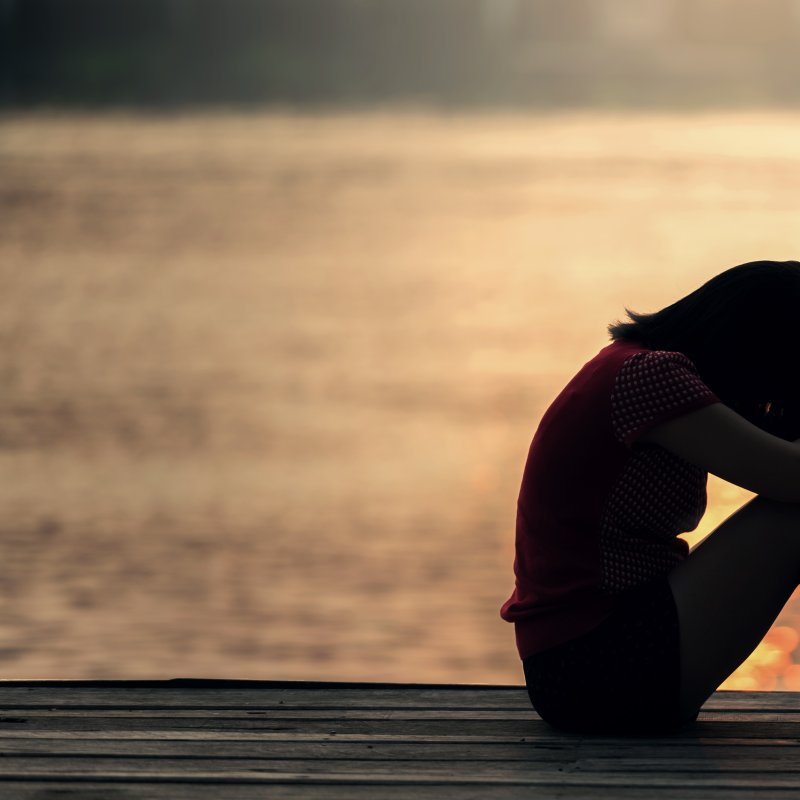'YOU JUST HAVEN'T MET THE RIGHT MAN YET'
Bisexual women more likely to report 'non-voluntary, forced' intercourse, CDC says
Sept. 23 (UPI) -- Bisexual women are more likely to report experiencing male-perpetrated, "non-voluntary" or "forced" vaginal intercourse in their lifetime than heterosexual women, according to survey findings released Thursday by the Centers for Disease Control and Prevention.
Among respondents, 36% of bisexual women reported instances of non-voluntary or forced sex, compared with just under 18% of heterosexual women and 18% of women who identified as lesbian or gay, the data showed.
Nearly 19% of the more than 14,000 women surveyed indicated they experienced non-voluntary or forced sex at some point, the researchers said.
"Understanding harmful attitudes toward bisexual women in relation to sexual victimization and perpetration might help explain this higher prevalence ratio for bisexual women," the CDC researchers wrote.
"These findings underscore the need for comprehensive prevention approaches tailored for sexual minority women," they said.
For this study, the CDC researchers used data from the National Survey of Family Growth, which interviewed women between 2011 and 2017.
The researchers defined "non-voluntary sex" as instances in which a woman indicated that they did not choose to have first vaginal intercourse "of [their] own free will." Sex was considered "forced" when a woman was "forced by a male to have vaginal intercourse against your will
Women who said they were unsure of their sexual attraction were nearly four times more likely than those only attracted to the opposite sex to report non-voluntary first vaginal intercourse, the data showed.
Those who identified as lesbian or bisexual and women who reported attraction to the same sex only were more likely to have endured non-voluntary first vaginal intercourse.
In addition, non-heterosexual women were also more likely to have experienced non-voluntary or forced sex at an earlier age, according to the researchers.
On average, lesbian and bisexual women reported their earliest instance of non-voluntary or forced sex at just under age 13 and just under age 16.
Meanwhile the average earliest age of non-voluntary or forced sex for heterosexual women was age 17, the researchers said.
"Compared with sexual majority, or heterosexual, women, nonvoluntary first vaginal intercourse was more common among sexual minority women, and the first experience of forced sex occurred at younger ages for sexual minority women," the CDC said in a press release.
"Comprehensive approaches to preventing sexual violence and child sexual abuse should be tailored to meet the needs of sexual minority women and ensure intervention effectiveness," they said.






















